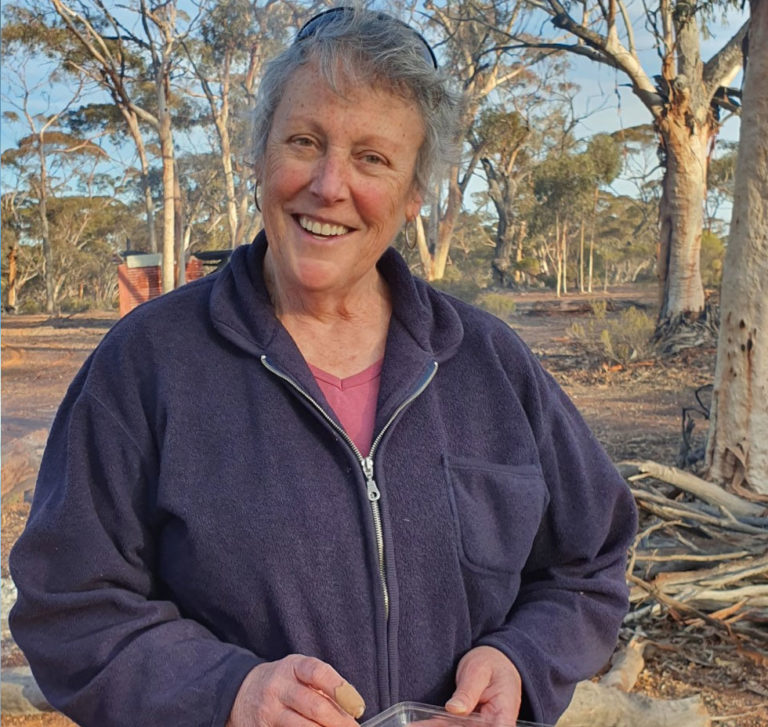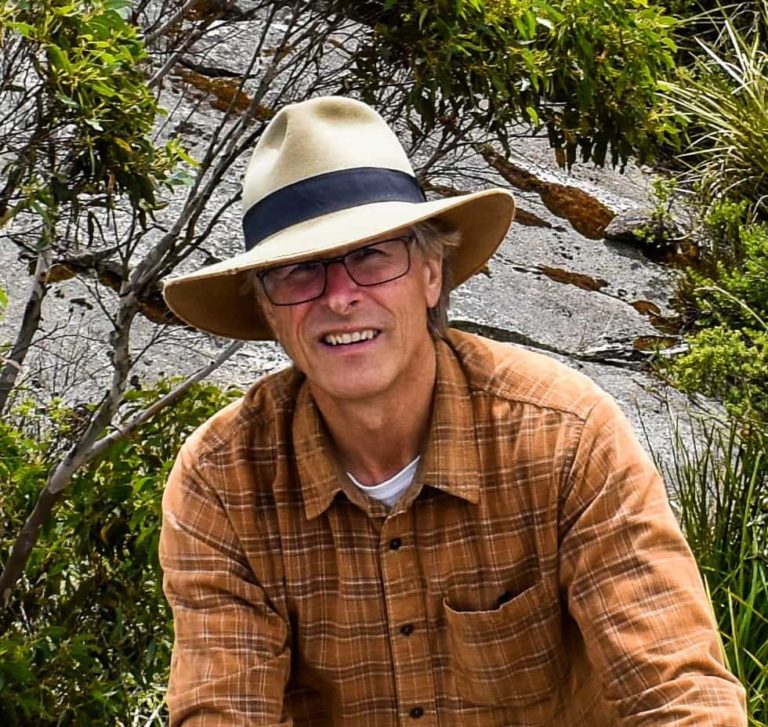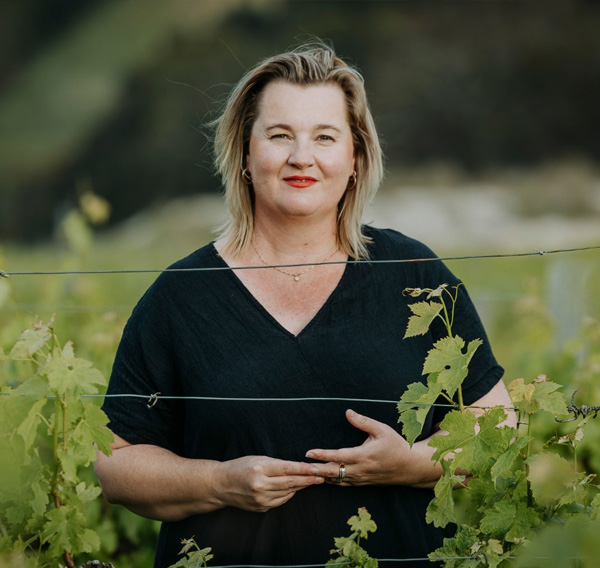After entering a Science Talent Search competition in secondary school breeding Wolf Spiders Loxley’s fate was sealed! Her fascination with all things of the natural world deepened her resolve to improve knowledge and understanding of Southwest Australia’s unique biodiversity. Her Citizen Science pursuits has included a Gondwanan Relictual Moist Refugia Indicator Species grant project and a Bioblitz targeting frogs, spiders and wetland fauna.
As a committee member for the South Coast Threatened Invertebrates Recovery Team, an advisory group to the Department of Parks and Wildlife, Loxley’s role is to facilitate connections between scientists and community, advocating for at risk fauna (and flora) and increasing awareness of local conservation efforts. Although Loxley’s early working background started in technical biochemistry pathology, most of her working life was spent owning and running various family businesses including in horticulture, agriculture, retail, tourism and stud sheep breeding. She is also deeply committed to teaching & promoting the use of non-invasive digital biodiversity mapping tools such as Frog ID and iNaturalist in an effort to accumulate geolocated observations from which scientists can extract meaningful and useful research data.
Her more recent scientific interests are in gaining a better understanding of ecological relationships and seeking out ways to increase the resilience of at-risk species in the face of climate change using new approaches potentially including translocation and assisted gene-flow. Promoting biodiversity awareness can often pair with tourism which in turn applies pressure on natural landscapes. Reservation does not ensure preservation; this requires a much broader more holistic approach for a successful conservation balance to be achieved.
Loxley’s Favourites
Top 5 Experiences in Mountain Country:
- Bush walking
- Wildflowers
- Hiking
- Mountain Climbing/Alpine Scenery
- Ecotourism
Top 5 Local Mountain Country Facts:
- Old climatically buffered infertile landscapes (OCBIL Theory) Professor Steve Hopper
- Rich in Gondwanan relict species
- Rich in short range endemic species
- Rich in diversity generally – extremely/highly threatened
- East to west & north to south transition zone





